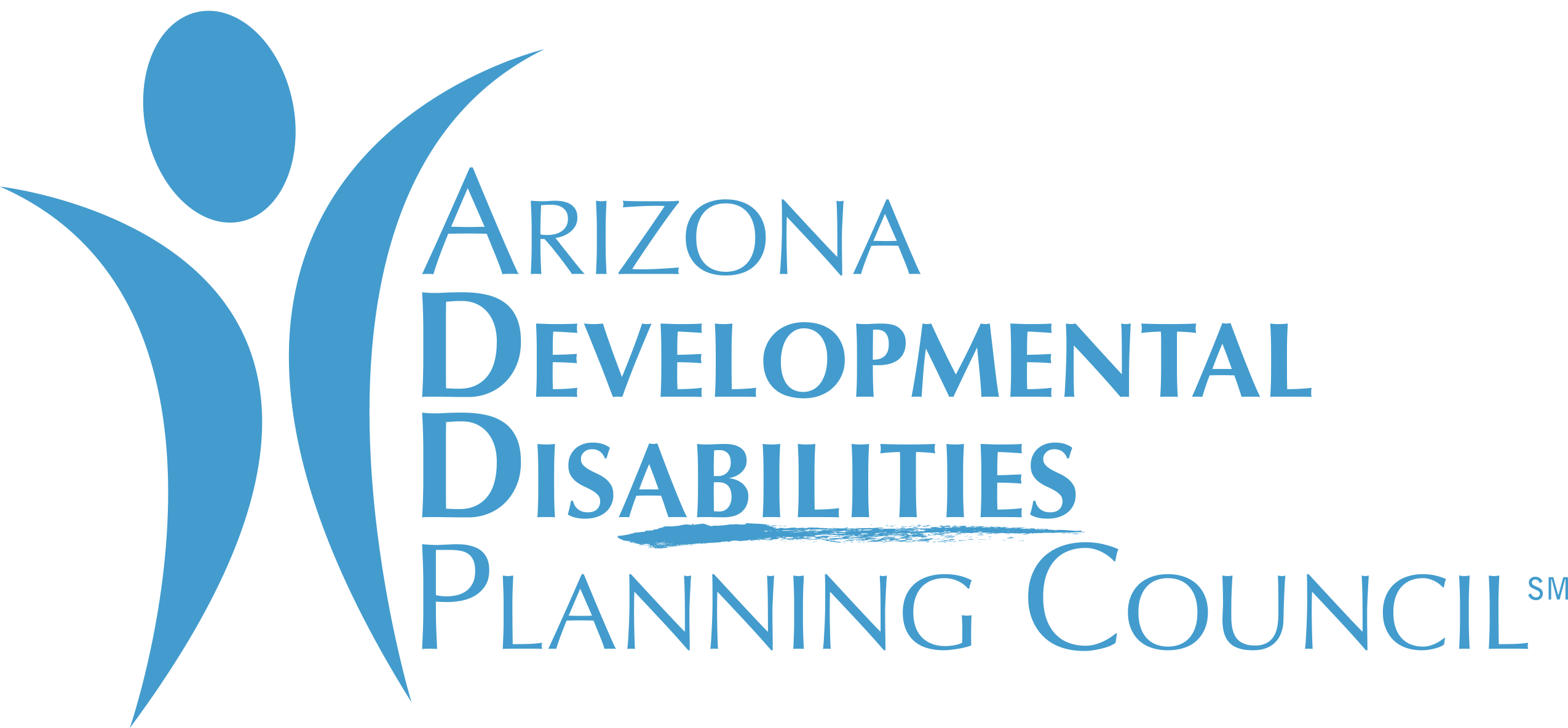Has Anything Changed for Abuse Survivors with Disabilities? The Answer Is Yes and No

by Erica McFadden, Executive Director
The holidays can be stressful for some people, especially in 2020. But for reasons different than you would think.
Two years ago, a woman with intellectual and developmental disabilities (I/DD) gave birth to a baby boy in a Phoenix intermediate care facility (ICF) after she had been raped. This horrific incident laid bare the many cracks in our current system of monitoring care to prevent abuse against vulnerable adults. It sparked public outcry and actions from Governor Ducey and the state legislature.
Then, as significant changes to the monitoring system were about to materialize, the COVID-19 pandemic hit, leaving many in the I/DD community isolated until they gain access to the vaccine.
For the most part, programs and services serving people with I/DD in Arizona have closed or shifted to virtual services. Families and caregivers are stressed and overextended, juggling both work and children who must remain home. Many in the I/DD community have not seen their friends or loved ones since last March.
Against this lonely backdrop, some in our community are being victimized in the shadows—yet may not understand what is happening or know how to communicate the harmful abuse.
For some people, acting out with challenging behaviors is the only way to communicate any trauma they experience at home. But are we paying attention?
In response to increased isolation during this pandemic, more trauma-informed support is needed right now for our community and for those who love them. Trauma-informed means understanding the impacts of trauma and paths for recovery, recognizing the signs of trauma, and integrating this knowledge into policies, procedures, and practices to actively avoid re-traumatization.
An authentic, trauma-informed state system serving individuals with I/DD would:
-
Ensure people with I/DD know what abuse, neglect, or maltreatment (e.g., types of trauma) looks like, and what to do if they have been mistreated or experienced trauma;
-
Consistently provide accessible resources and recovery options for survivors with I/DD - like this recently created list at the Arizona Coalition to End Sexual and Domestic Violence
-
Universally train families, guardians, and professionals on recognizing trauma, abuse and neglect, as well as offering tools for how to respond, prevent, and recover
-
Collect data to evaluate these efforts and decide if corrective actions need to be made.
So, we know what needs to happen to build a more trauma-informed system.... have we succeeded?
The answer is yes…and no.
The positive news: There have been some policy changes. As of October 1, 2020, the state’s Medicaid agency now requires direct service providers who receive its funding to “develop policies, signage, and training aimed at preventing abuse, neglect, and exploitation, as well as reporting and stabilizing incidents.”
Adult Protective Services and state agencies also continue to gradually improve coordination, communication, and internal training, bit by bit chipping away at the Governor’s Abuse and Neglect Prevention Task Force recommendations to prevent abuse.
The community-based Sexual Violence and I/DD Response Collaborative is also addressing some gaps. The Collaborative includes state agencies, self-advocates, families, organizations, and survivors. The group is sharing toolkits for families, the I/DD community, providers, and schools on how to recognize sexual abuse. It’s also working with domestic violence shelters and counselors to ensure they are accessible to people with various disabilities. We have funded trainings and research around trauma and recognizing sexual abuse targeted to the I/DD community and support staff.
Despite these efforts, there’s a notable lack of progress in the most critical area. Two years after the rape in an ICF, Division of Developmental Disabilities (DDD) members still do not have consistent information to recognize or report their own abuse. This fall, DDD staff created posters intended for vendors to display to help the I/DD community report abuse. However, the initial signage was not created in a way the I/DD community could understand. It’s critical for people to be able to report their own abuse. Fortunately, DDD is now working with self-advocates to correct this issue.
Disturbingly, some DDD members – especially those who are nonverbal – haven’t been seen or heard by their DDD Support Coordinator since March. It’s hard to know if trauma is happening if people aren’t being seen or heard.
In essence, there are now fewer eyes on the I/DD community during what’s arguably the most isolating time in our history.
If we really want to create a trauma-informed system, we need to identify gaps before crises occur—as opposed to waiting for abuse to happen. If we truly want to be effective, we need to intentionally include the actual people we want to help from the very beginning—as opposed to excluding them. If we make these changes, the hope is that by this time next year, our community will feel better supported, safe, and more at peace.
We don’t need another crisis to point out that these changes need to happen now.






